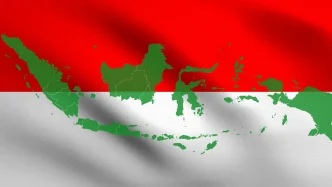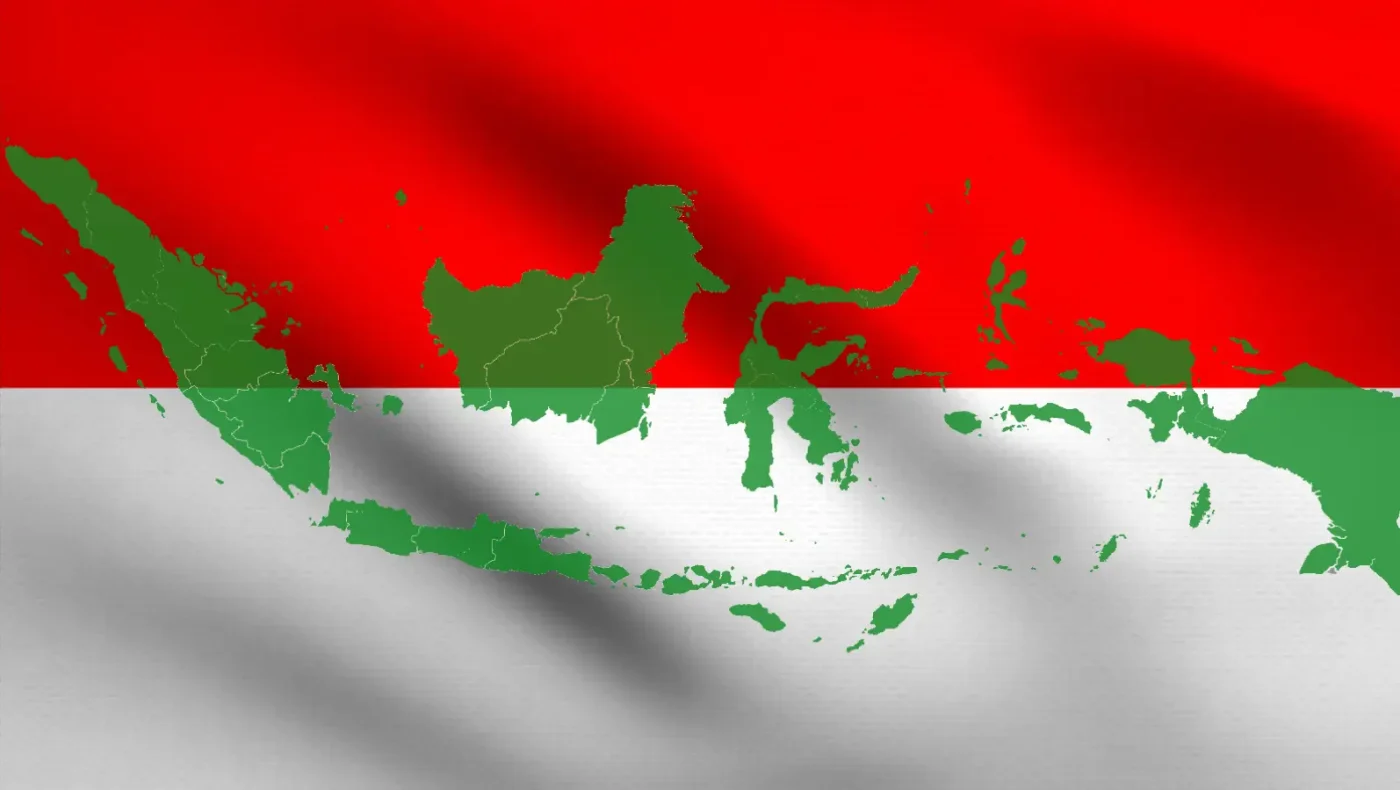In a move that has stirred both anticipation and unease, Indonesia’s Culture Minister Fadli Zon has unveiled plans to release a newly rewritten national history by August 17, 2025, coinciding with the country’s 80th Independence Day. Billed as a “special gift” to the nation, the initiative promises to reframe key chapters of Indonesia’s past, from ancient human presence to the modern political era under President Prabowo Subianto. Yet, as details emerge, questions loom over whether this ambitious project will unify a diverse nation or deepen divisions by reshaping historical narratives to suit contemporary political agendas.
A Bold Vision for National Identity
The project, spearheaded by Minister Zon, involves over 100 historians from universities across Indonesia, who have been tasked with revising the country’s historical record over recent months. Their work draws on scientific studies and previously published texts to craft a narrative that traces human presence in the archipelago from Homo erectus through Dutch colonization and up to Prabowo’s landslide victory in the 2024 presidential election. One of the most striking revisions challenges the widely accepted view that Dutch colonial rule spanned 350 years, proposing instead a significantly shorter period—a claim that has raised eyebrows among scholars for its potential to upend long-standing historical understanding.
Zon, a prolific writer himself with works such as Politik Huru Hara Mei 98 (The May 1998 Political Riots), has defended the initiative with a promise that “History will be written correctly” as he stated in a recent address. His involvement, alongside his political ties to President Prabowo through the Gerindra Party, has fueled speculation about the motivations behind the project. For a nation with a complex past marked by colonial oppression, authoritarian rule, and turbulent democratic transitions, the rewriting of history carries profound implications for how Indonesians perceive their identity and collective memory.
Political Context and Historical Sensitivities
The timing of this initiative is particularly significant. President Prabowo, a former army general with a controversial past tied to unresolved allegations from the New Order era under his former father-in-law Soeharto, assumed office in 2024 with a strong mandate. His admiration for Soeharto, who resigned in 1998 amid mass protests and demands for reform, is well-documented. Prabowo has repeatedly called for Soeharto to be posthumously named a national hero, a designation he can confer under Law No. 20/2009. Analysts suggest this could occur as early as this year, potentially aligning with the release of the revised history.
Critics fear that the new historical narrative may prioritize achievements of past regimes while glossing over darker chapters, such as human rights abuses and corruption during the New Order (1966–1998) and subsequent Reform era. Marzuki Darusman, chairman of the Alliance for Historical Transparency in Indonesia (AKSI) and a former attorney general, has labeled the project a dangerous attempt to “engineer the past” as he warned in a public statement. Darusman and others argue that the government risks creating a singular, state-approved version of history, which could suppress alternative perspectives and critical discourse.
These concerns are not unfounded. Indonesia’s history has often been shaped by those in power, with narratives crafted to legitimize authority or obscure inconvenient truths. The potential for this rewritten history to be adopted as “official” in school textbooks during Prabowo’s five-year term has heightened anxieties among educators, historians, and human rights activists. If mandated for educational use, the revised text could influence generations of Indonesians, embedding a curated version of the past that may downplay systemic failures or abuses of power.
Revisionism or Reconciliation?
At the heart of the debate is the question of intent. Supporters of the project argue that revisiting history can serve as a tool for national reconciliation, correcting inaccuracies and fostering pride in Indonesia’s journey. The proposed shorter timeline of Dutch colonial rule, for instance, could emphasize indigenous resistance and resilience, reframing a period often associated with subjugation. Proponents also suggest that updating historical accounts with new research is a natural part of academic progress, especially for a nation as dynamic and diverse as Indonesia.
However, skeptics caution that without broad public consultation, such revisions risk being perceived as politically motivated. The emphasis on Prabowo’s election as a historical milestone, combined with his personal and familial ties to past regimes, raises the specter of glorification over objective analysis. If allegations of historical revisionism prove true, the project could undermine trust in public institutions at a time when Indonesia faces pressing contemporary challenges, from economic inequality to youth unemployment.
Moreover, the focus on historical reinterpretation has prompted some to question the government’s priorities. With the 80th Independence Day approaching, many Indonesians have expressed a preference for tangible “gifts” to the nation, such as investments in technological innovation, job creation, or infrastructure development. Public sentiment, as reflected in discussions on platforms like X, suggests a desire for forward-looking policies over retrospectives that may rekindle old wounds or controversies.
The Role of History in Shaping the Future
History, as a discipline, is inherently dynamic—a discourse shaped by evolving evidence and perspectives rather than a fixed dogma. In Indonesia, where past events like the 1965-66 anti-communist purges and the 1998 riots remain sensitive topics, any attempt to reinterpret the national story must navigate a minefield of memory and trauma. The lessons of history are vital to preventing the repetition of mistakes, whether they involve human rights violations or abuses of power. Yet, achieving this requires transparency and inclusivity, qualities that critics argue are currently lacking in the government’s approach.
For an authoritarian-leaning regime, reconstructing the past can serve as a means to create a monumental history that aligns with its interests. A singular narrative risks becoming a tool for controlling public thought, as Marzuki Darusman and others have warned. While Minister Zon is within his mandate to publish such a revision, the decision to impose it on educational curricula without wider debate could alienate significant segments of society, including academics and civil society groups who advocate for a pluralistic understanding of Indonesia’s past.
Global Parallels and Local Implications
Indonesia is not alone in grappling with the politics of historical memory. Across the world, governments have sought to reshape narratives to bolster national pride or political legitimacy, often with mixed results. In neighboring countries like Thailand and Malaysia, state-led efforts to define “official” histories have sparked debates over inclusivity, particularly regarding ethnic and cultural minorities. In Indonesia, a nation of over 300 ethnic groups and a complex colonial and post-colonial legacy, the stakes are arguably even higher.
The potential ramifications of this project extend beyond domestic borders. Indonesia’s role as a regional leader in Southeast Asia means its approach to history could influence perceptions of its democratic maturity and commitment to transparency. International observers, including human rights organizations, are likely to scrutinize the revised text for signs of bias or omission, particularly concerning well-documented events of the New Order era. If the narrative is seen as whitewashing past abuses, it could complicate Indonesia’s diplomatic relations and its standing in global forums.
A Nation at a Crossroads
As August 17, 2025, approaches, Indonesia stands at a crossroads between commemoration and contention. The rewritten history, intended as a unifying gift for the nation’s 80th Independence Day, risks becoming a lightning rod for debate over who gets to define the past—and for what purpose. While the project’s supporters see it as a chance to correct historical inaccuracies and instill national pride, its detractors warn of a slippery slope toward revisionism and state control over collective memory.
For now, the true urgency behind this initiative remains unclear. What is certain, however, is that history in Indonesia is far from a settled matter. As the nation prepares to mark a milestone anniversary, the unfolding debate over its past may well shape the trajectory of its future, raising fundamental questions about identity, accountability, and the power of narrative in a democracy.















